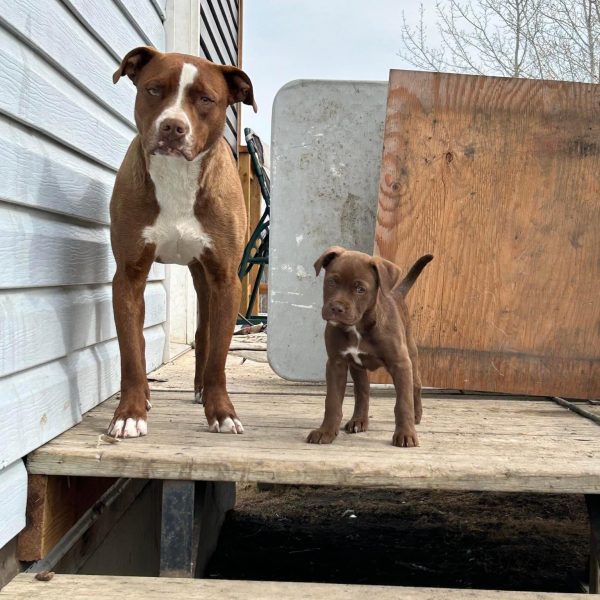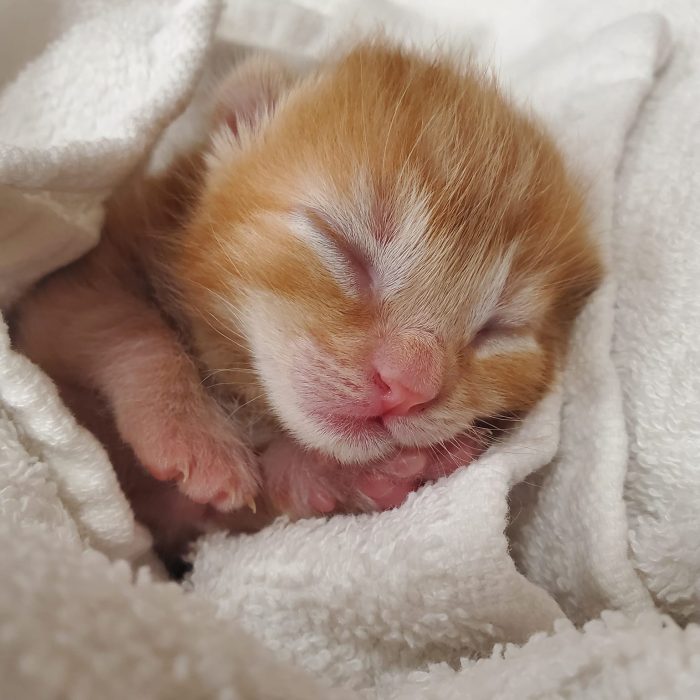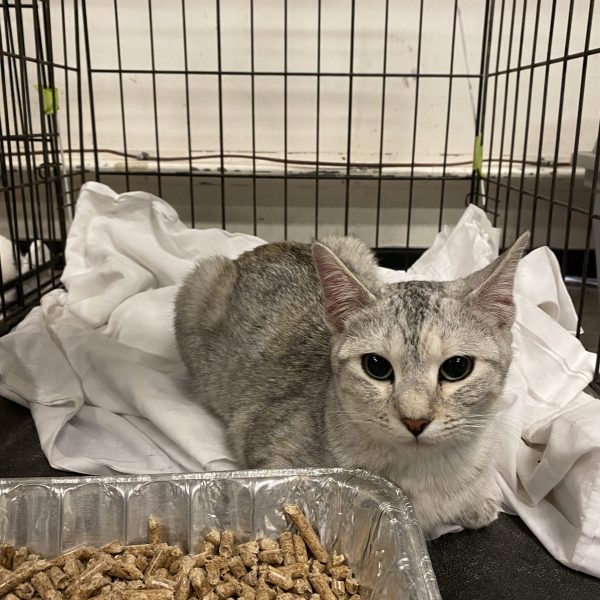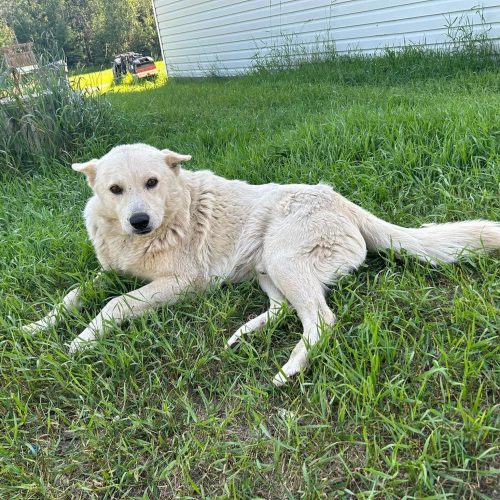Our Approach
Canine Action Project is dedicated to supporting healthy, safe communities for people and their animals. To achieve this, we facilitate a variety of programs year-round. Programs are available to all community members and their animals in our partner First Nations, 365 days a year.


A key piece to our programs is working with Nation leaderships to understand systemic barriers our partner Nations face. Common barriers identified include lack of transportation, low-income, access to animal care knowledge, and food insecurity. These identified barriers impact how our programs are delivered, with a goal to remove as many of these barriers to keep animals with their family and community.
Canine Action Project will never remove an animal from a Nation without consent. We do not facilitate adoptions, we do not pick up stray or loose animals, and we do not have a shelter.

Like many impacts of colonization, concerns around dog populations on many First Nations have taken decades and generations to form. Recognizing this, we must also recognize it will take years to support a healthier, better way forward for dog populations. Our programs do not aim to offer a ‘quick fix’ solution. We believe culls (‘dog shoot days’) and mass removal (large ‘pulls’) are simply not the solution for sustainable and positive results related to dog population management. Instead, access to veterinary care, resources, knowledge sharing, and on-going community engagement are the focus of our programs; we believe taking this multimethod approach leads to positive long-term outcomes.
Many Nations we work with have free-roaming dog populations. This is due to many factors, and free-roaming dog populations are not necessarily a bad thing. If you see a free-roaming dog population, do not assume that the animals are strays or neglected. Many free-roaming dogs have families, and are owned.

Stray or feral dog
A dog that does not have a primary caregiver or owner, and community members may not know the origin of the dog. This dog may not have adequate access to shelter, food, or water, and does not have anyone responsible for providing these things. This dog may have limited to no interaction with humans. If feral, this dog may be fearful and completely avoid human interaction
Community-owned dog
A dog that more than one family/house shares caregiving duties over. This dog has adequate shelter, food, and water available. This dog is not primarily ‘owned’ by one family, but claimed and cared for by the collective community.
Free-roaming dog
A dog that is owned by one family, but is free to roam the community as desired. The dog’s owners are responsible for providing adequate shelter, food, and water available, and is primarily ‘owned’ and claimed by one family.
If you are residing in one of our current partner Nations and wish to inquire about accessing our programs.
